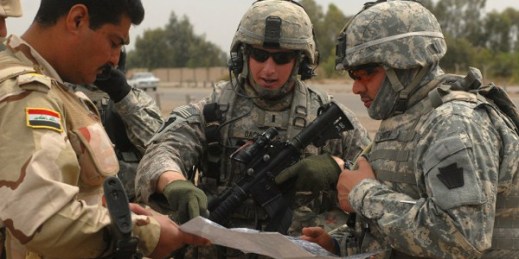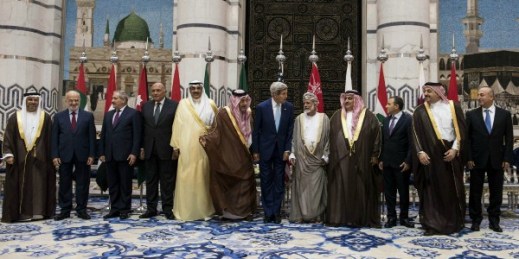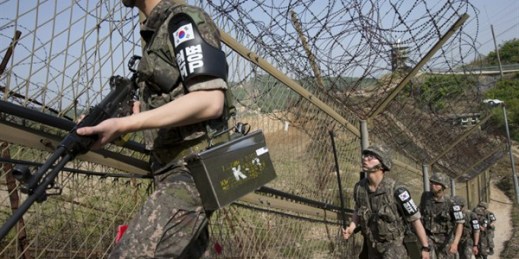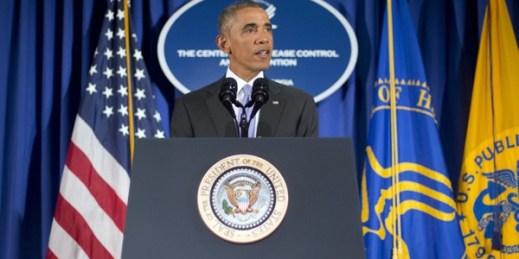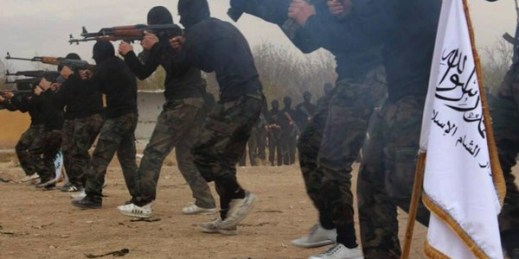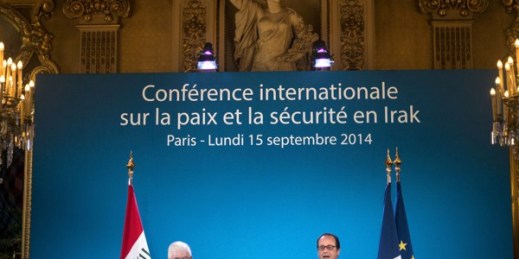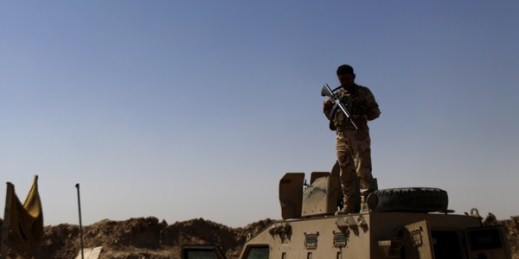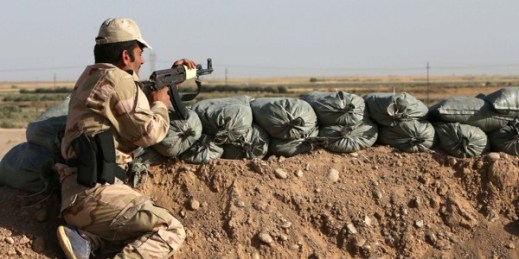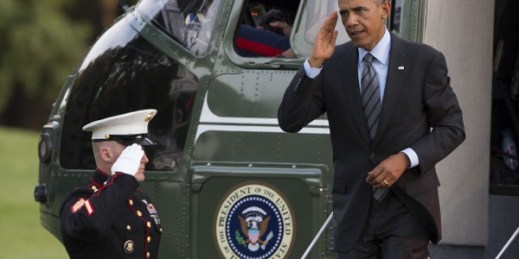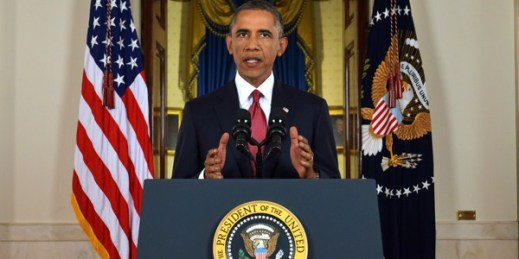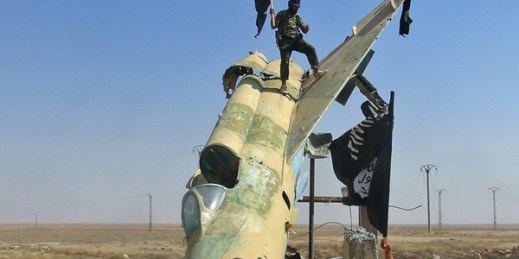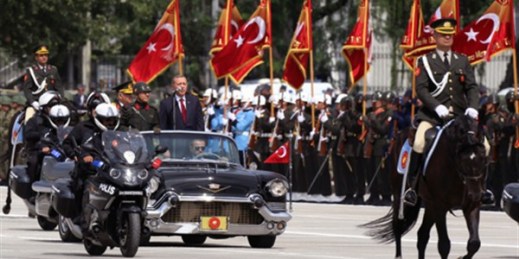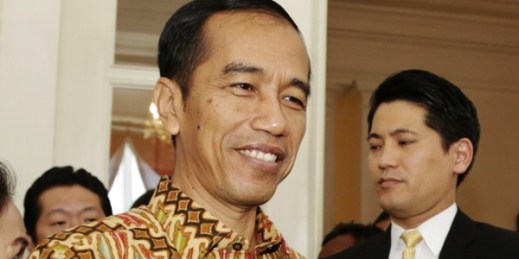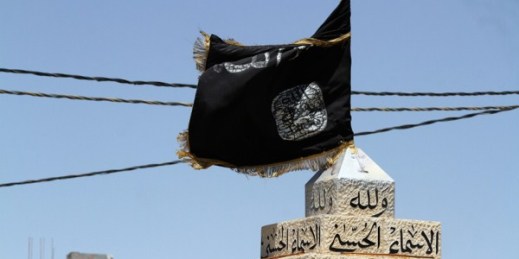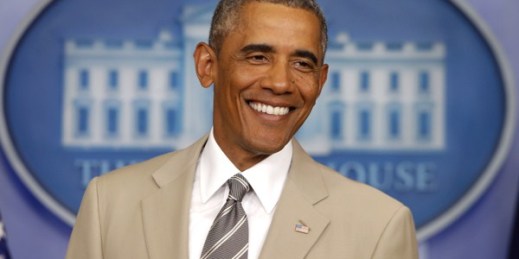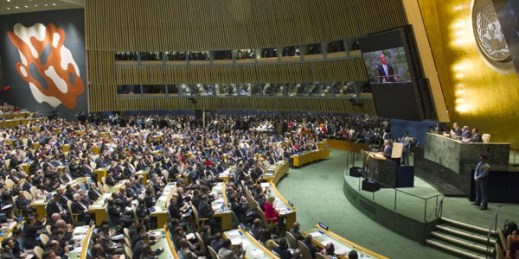
Last week’s top-level session of the United Nations General Assembly in New York offered three basic lessons. The first is that the United States can still dominate the U.N. when it wants to. The second is that a clear majority of other countries’ leaders are quite relieved to follow an American lead. But the third is that the U.N. is only really still relevant in two—admittedly sensitive—regions: Africa and the Middle East. America’s ability to direct U.N. affairs was in doubt a year ago, when the annual General Assembly jamboree was overshadowed by the Syrian chemical weapons crisis. While the […]

